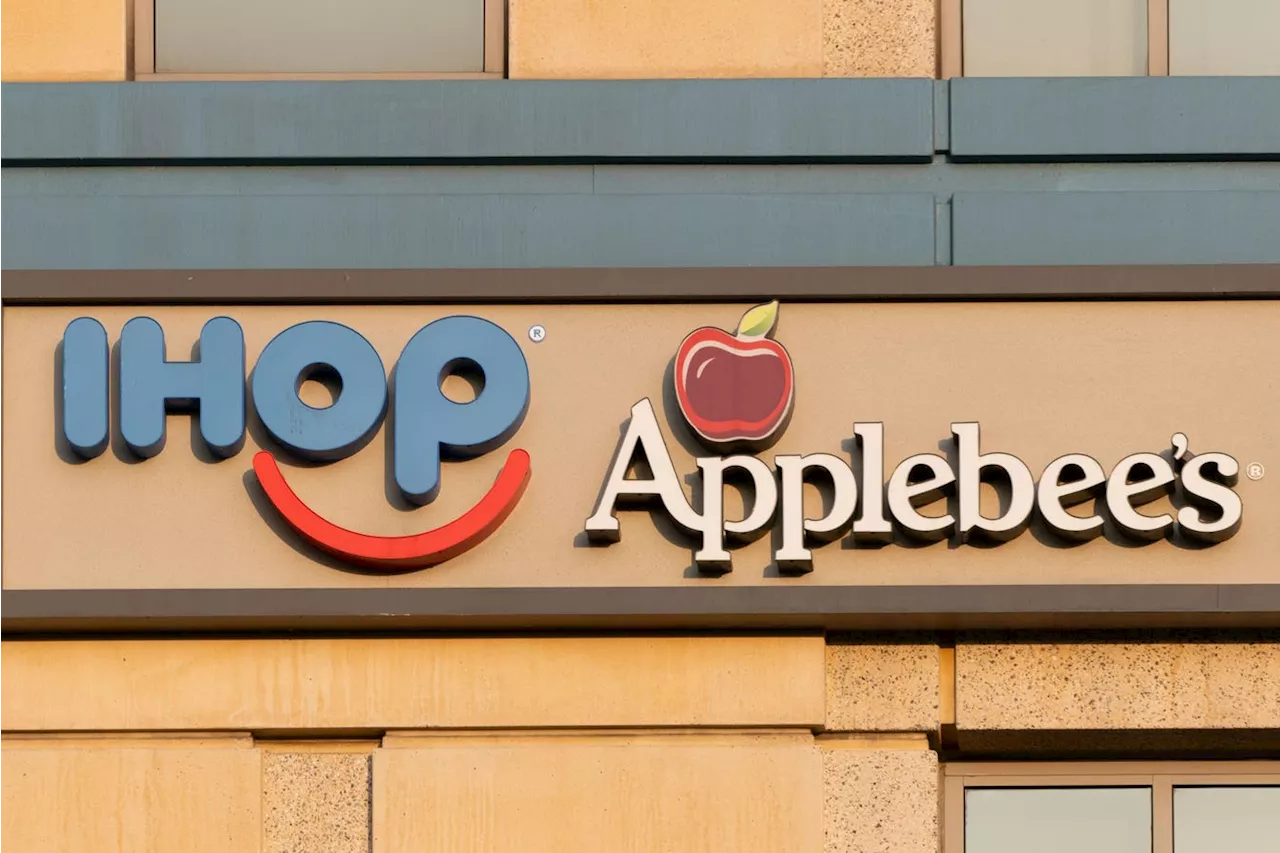Business
Dine Brands Faces Governance Crisis as Shareholders Lose $600 Million

Investors in Dine Brands Global, the parent company of popular restaurant chains IHOP and Applebee’s, have experienced a staggering loss of nearly 70 percent in shareholder value, amounting to approximately $600 million. This alarming decline is attributed not to poor business performance alone but to significant governance failures within the company’s boardroom.
The company’s governance structure has come under scrutiny as three board seats remain vacant during one of the most challenging periods in Dine Brands’ history. The lack of oversight and engagement from board members has contributed to a downward spiral in the company’s financial health. According to finance expert Jim Osman, the situation exemplifies a failure of corporate governance that has resulted in diminished trust from shareholders and stakeholders alike.
Dine Brands has seen its earnings before interest, taxes, depreciation, and amortization (EBITDA) plummet by 21 percent, with net income collapsing by 60 percent. Additionally, the company’s free cash flow has decreased significantly, a troubling trend for a business model that should be stable and royalty-driven. The board’s response has been to cut dividends from 51 cents to 19 cents per share, a move that, while saving $20 million, has further eroded shareholder income. In contrast, $50 million was authorized for stock buybacks, raising questions about the board’s priorities amid these financial challenges.
The ongoing crisis reflects a broader issue of misalignment within the board. Many directors have not invested their own capital in the company, leading to a disconnect between their interests and those of the shareholders they represent. Notably, directors Richard Dahl and Howard Berk have held their positions for over a decade without significant ownership stakes, while the CEO owns only 1.2 percent of the company. This lack of financial commitment raises concerns about the board’s ability to act as stewards of shareholder value.
Prominent investment firms such as Vanguard, BlackRock, and State Street advocate for strong governance principles, emphasizing the importance of board ownership and accountability. Their expectations are clear: directors must possess meaningful stakes in the companies they oversee and should be proactive in governance. Dine Brands’ board, however, has fallen short of these expectations, failing to refresh itself or respond effectively to the company’s deteriorating performance.
The ongoing governance issues at Dine Brands have not gone unnoticed by passive fund investors. These funds own a significant portion of the company, and their votes can influence the direction of the board. When they support a board that lacks accountability and expertise, they risk compounding the existing weaknesses. Conversely, demanding alignment and strong governance can lead to improved value for shareholders.
Franchisees, who invest their own capital and manage daily operations, are feeling the impact of the board’s negligence. The board has restricted communication between franchisees and external analysts, fostering a culture of silence that undermines performance. This lack of transparency is detrimental, as franchisee stress often translates to long-term value erosion for the company.
To rectify the situation, Dine Brands needs to take decisive action to restore effective governance. This process should begin with appointing qualified individuals to fill the vacant board seats, individuals who understand the restaurant industry and possess a strong track record in operational management and financial discipline. Moreover, board members should have meaningful ownership stakes, ensuring they share the financial risks and rewards of their decisions.
Compensation structures must also be reevaluated. Tying pay to improvements in free cash flow and franchisee profitability, rather than short-term metrics, will help align the interests of the board with those of the shareholders. Furthermore, fostering open communication with franchisees and conducting transparent Q&A sessions after earnings reports are essential steps toward rebuilding trust.
Shareholders face a critical choice: they can either accept the status quo or demand a shift in governance that prioritizes effective oversight and accountability. The path forward is clear. Dine Brands must appoint directors who are not only well-versed in the industry but also demonstrate a commitment to the company’s long-term success through meaningful ownership.
The current governance crisis was not an inevitable outcome; it was a failure to act. As the company navigates these turbulent waters, proactive steps toward robust governance are essential for restoring shareholder confidence and improving overall performance. Without a committed and accountable board, Dine Brands may continue to struggle, leaving shareholders and franchisees to bear the burden of its decline.
-

 Science2 weeks ago
Science2 weeks agoUniversity of Hawaiʻi Joins $25.6M AI Project to Monitor Disasters
-

 Business3 weeks ago
Business3 weeks agoForeign Inflows into Japan Stocks Surge to ¥1.34 Trillion
-

 Top Stories3 weeks ago
Top Stories3 weeks agoMarc Buoniconti’s Legacy: 40 Years Later, Lives Transformed
-

 Top Stories3 weeks ago
Top Stories3 weeks agoBOYNEXTDOOR’s Jaehyun Faces Backlash Amid BTS-TWICE Controversy
-

 Health3 weeks ago
Health3 weeks agoInnovative Surgery Restores Confidence for Breast Cancer Patients
-

 Sports1 month ago
Sports1 month agoSteve Kerr Supports Jonathan Kuminga After Ejection in Preseason Game
-

 Science1 month ago
Science1 month agoChicago’s Viral ‘Rat Hole’ Likely Created by Squirrel, Study Reveals
-

 Lifestyle1 month ago
Lifestyle1 month agoKelsea Ballerini Launches ‘Burn the Baggage’ Candle with Ranger Station
-

 Top Stories3 weeks ago
Top Stories3 weeks agoCarson Wentz Out for Season After Shoulder Surgery: Urgent Update
-

 Entertainment1 month ago
Entertainment1 month agoZoe Saldana Advocates for James Cameron’s Avatar Documentary
-

 Politics1 month ago
Politics1 month agoDallin H. Oaks Assumes Leadership of Latter-day Saints Church
-

 Lifestyle1 month ago
Lifestyle1 month agoDua Lipa Celebrates Passing GCSE Spanish During World Tour









